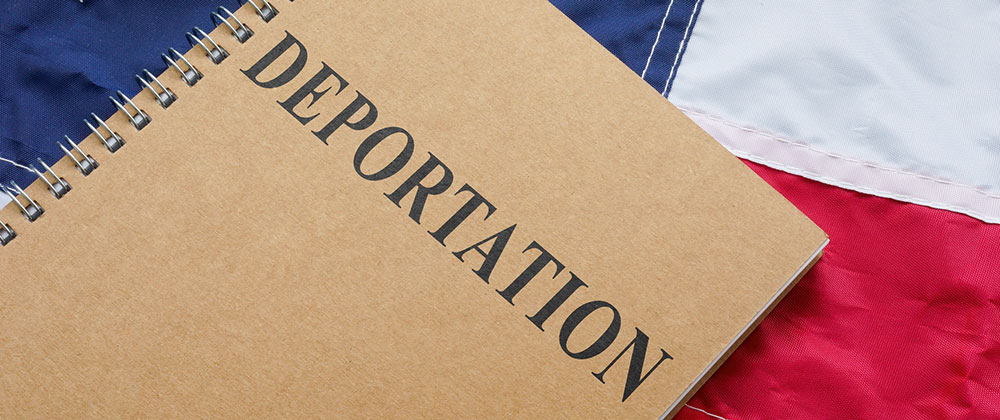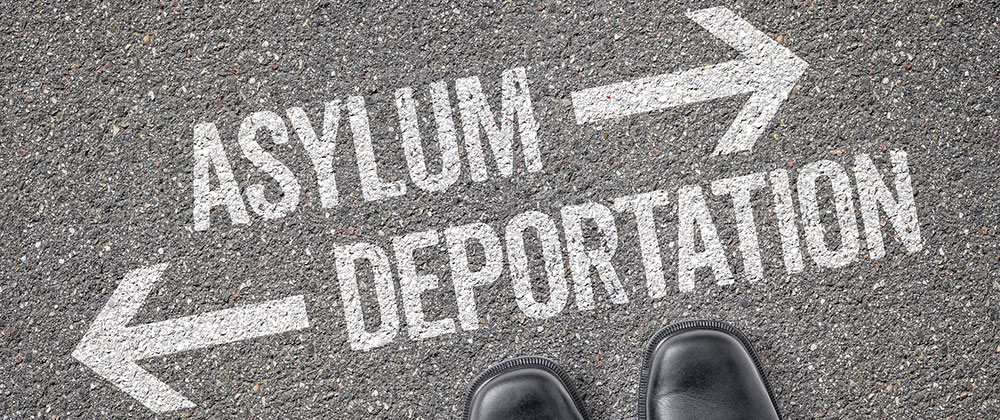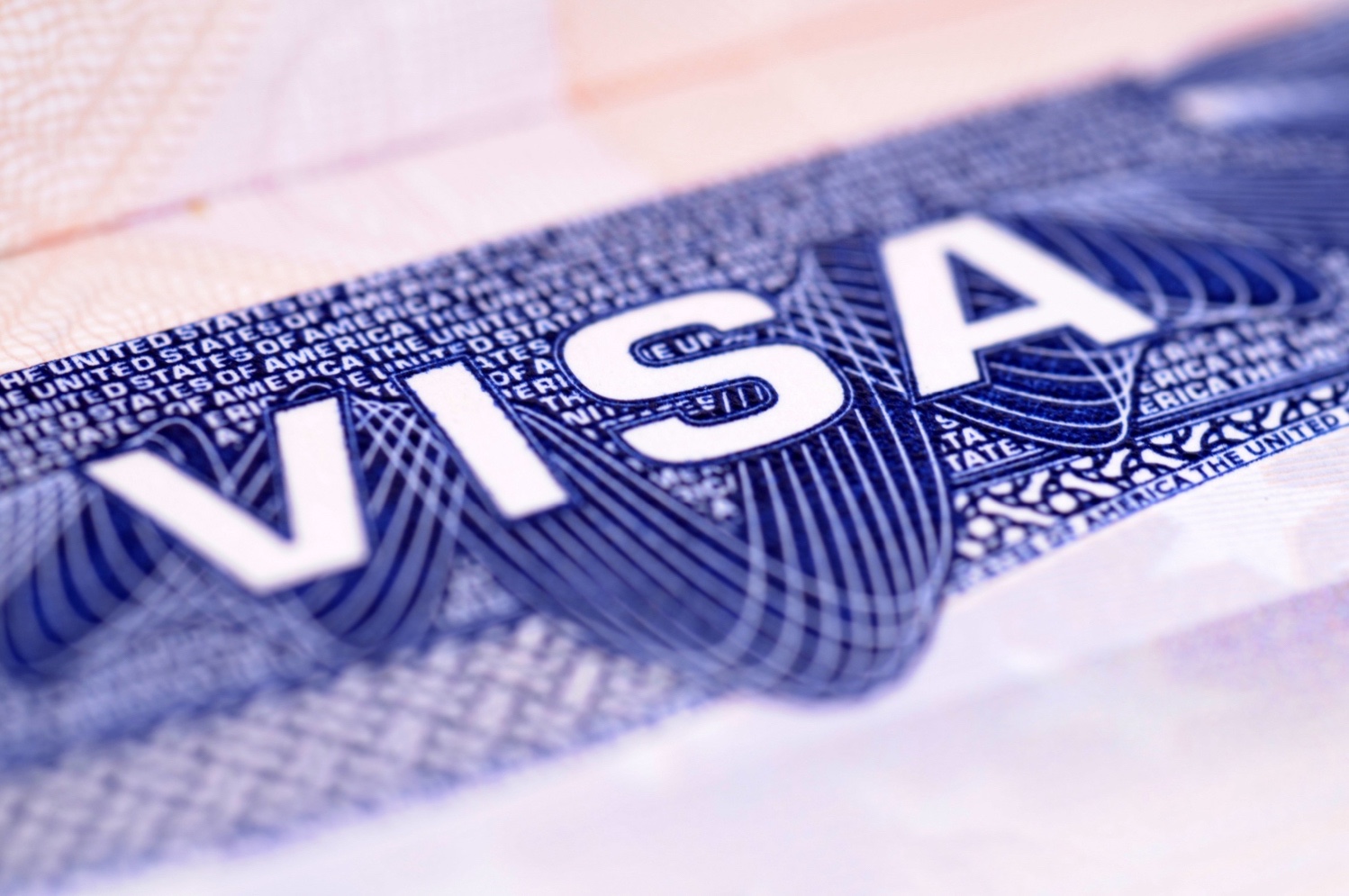Parole in Place is a program to help immediate family members, namely, spouses, minor children and parents of military personnel who have entered the U.S. without visas. These immediate relatives would normally have to return to their countries and obtain an immigrant visa that would require a Waiver because of entry without a visa. Parole in Place allows the government to grant the right to adjust status in the U.S. despite the unlawful entry. This is essentially the ticket for immediate family members of the military to get their permanent residence without leaving the country.
If a foreign immediate family member who entered without a visa leaves the U.S. and attempts to process his/her application for permanent residence abroad, the alien would be considered inadmissible to the U.S. The Consulate would require a Waiver or Pardon to excuse the illegal entry. Parole in Place however gives these immediate family members the right to apply for adjustment of status without leaving the U.S. to avoid hardship for the American military spouse. Proof is required that the military individual could suffer a loss of morale and inability to fulfill his/her duties as a soldier. This also enables the government to specifically help military families so that the American military need not to be disturbed by this concern.
Even though an immediate family member may be in deportation proceedings the grant of Parole in Place prevents an Immigration Judge to deport the alien. The Judge would be required to refer the case to the Immigration Service for adjustment of status. The Judge would grant termination of the proceedings without prejudice to the grant of permanent residence.
Parole in Place resolves the problem of entry without a visa. False claims to U.S. citizenship, criminal grounds of inadmissibility, a previous Order of Deportation or Removal remain as bars to obtaining permanent residence. Concerning Parole in Place the government retains discretionary power; for example, the parole may be denied if no military reason exists to grant it, or if the military individual is about to be discharged or if the military person is stationed abroad, so that the alien’s presence in the U.S, is not essential for the military individual. The Immigration Service needs to exercise discretion to accept particular instances, as for example, if a reservist had to have his/her spouse be present for an operation and if there is a period of recuperation thereafter to retain the integrity of the family, the Immigration Service may grant the Parole.
To petition for Parole in Place, the military person would need to prepare a hardship letter with supportive documentation. A showing of why the military person joined the Service would help; an account of the good faith relationship with the spouse would also help. The alien’s immigration status needs to be addressed; the economic and political situation in the alien’s home country is relevant such as presenting a possible danger to the alien family member’s health or safety. Lastly, reference should be included referring to the alien spouse’s Commissary. Post Exchange privileges, housing and to the hardship if the service members children may have special needs that would require the presence of the alien.
If you need help or advise, Call Us: (212)944-9420 or Email: Info@oltarsh.com
Assistance from our New York immigration attorney is only a phone call, or e-mail communication away!



